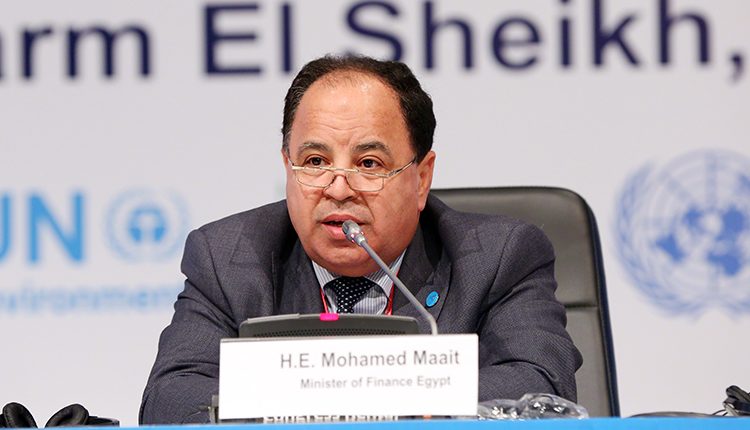Egypt launches new facilities for customs clients to boost economic activity
Egypt has launched on Tuesday new facilities for customs clients, including reducing the time for releasing shipments and customs clearance, and simplifying other procedures, aiming to boost economic activity.
According to a statement issued by the Egyptian Ministry of Finance, the move aims at lowering the prices of commodities in the domestic market, boosting manufacturing, and reducing production costs. It also seeks to enhance the competitiveness of domestic products in the external markets, especially with the global move toward co-existing with the coronavirus pandemic.
The new facilities also target improving the Economic Operator Programme that adopts the “white list” in order to help small and medium-sized projects, as the key driver of Egypt’s economic growth.
The white list is a system that includes companies, which are committed to the customs rules and measures.
Finance Minister Mohamed Maait said that the Egyptian Customs Authority will be responsible for giving the “accredited economic operator” licence for companies and individuals who are practicing industrial, commercial, and service activities. This would be on condition that they have suitable solvency without considering their workload.
Other incentives and facilities will be extended to the companies that are engaged to the Accredited Economic Operator programme through enrolling them in the golden or silver lists, which involve 14 advantages, according to their commitment, Maait added.
These companies’ status will be revised and assessed every three years, he said.
These incentives aim to build bridges of trust with development partners, support SMEs, stimulate investments, maximise production, boost exports, and restore economic activity to maintain the gains from Egypt’s economic reforms, the minister said.
In November 2019, Egypt implemented the “green channel” system, which whitelisted the committed companies to enjoy expedited customs clearance and a number of incentives that result in lowering the prices of commodities in the domestic market.
Amid the coronavirus crisis, global trade is expected to fall by a third in 2020, according to the World Trade Organisation (WTO), which says that the virus has completely upended that global economy and international trade.
The organisation projected the global trade to see a sharp decline followed by a recovery starting in the second half of 2020.



